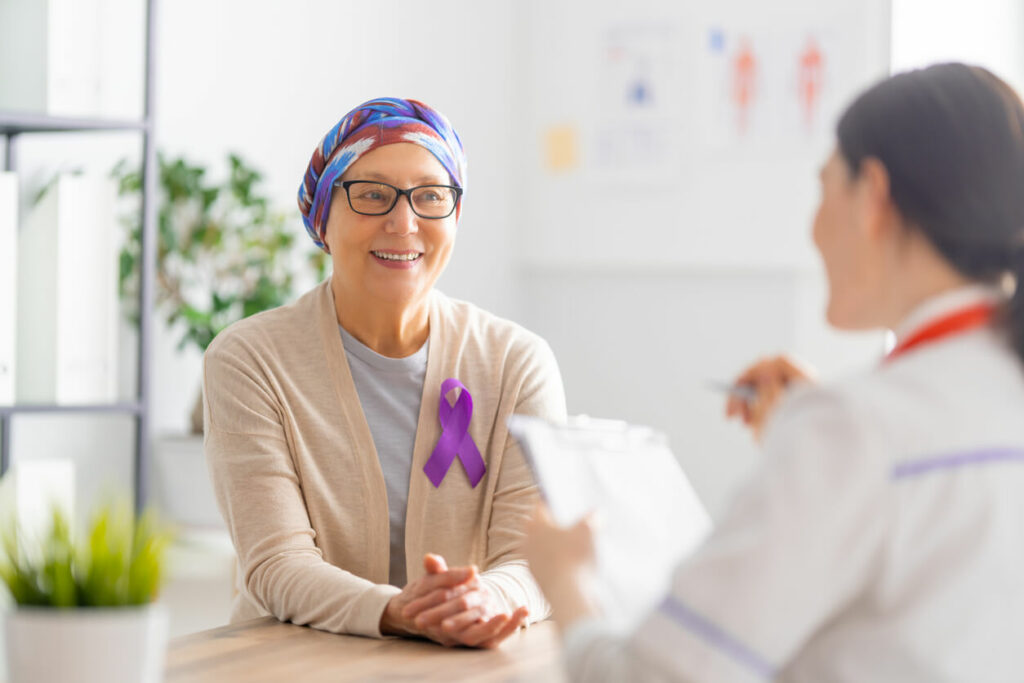
When people think about cancer, medical treatment is often the first thing that comes to mind. However, for those exposed to atmospheric nuclear testing and later diagnosed with covered cancers, the impact is far more complex.
Beyond the challenges of treatment, there are vital support systems available that often go unnoticed. Let us discuss how cancer patients can access support and achieve a better quality of life.
Who Qualifies for Cancer Patients’ Benefits
If you were exposed to atmospheric nuclear testing and developed covered cancer as a result, you may be eligible to receive support under federal programs and other resources. Covered cancers commonly include leukemia, thyroid, breast, and colon cancers, along with other health conditions linked to radiation exposure.
Federal programs such as the Radiation Exposure Compensation Act (RECA) are designed to assist individuals who have lived or worked in testing areas or mines extracting uranium ore. These programs aim to ease financial burdens and provide medical assistance for those injured by radiation exposure.
To qualify:
- You must have been exposed to nuclear testing fallout during specific time frames.
- You must have been diagnosed with a covered cancer.
- Documentation of both exposure and diagnosis is required.
Understanding eligibility is the first step in accessing cancer patients’ benefits. If you are unsure whether you qualify, resources such as the National Cancer Benefits Center can offer guidance and clarity.
Types of Benefits Available
The following are the types of benefits available to cancer patients who have been exposed to nuclear testing:
Financial Compensation
One of the most critical forms of support offered to individuals exposed to atmospheric nuclear testing is financial compensation. Programs like RECA provide a one-time lump sum payment to eligible recipients. This compensation is designed to alleviate financial strain and offset costs related to cancer diagnosis and treatment.
For example:
- “Downwinders,” or individuals residing downwind of nuclear test sites, may receive payments of up to $50,000.
- Uranium miners, millers, and ore transporters may qualify for $150,000 to $275,000 in compensation.
The application process can feel overwhelming. However, there are resources available to simplify the process, ensuring all necessary documents are submitted for review.
Medical Support
Access to comprehensive medical care is a vital part of cancer patients’ benefits. Often, individuals exposed to radiation face unique challenges in managing their health. Covered benefits can include treatment for primary conditions as well as related complications.
These medical services may include:
- Screenings to monitor for secondary health issues.
- Coverage for treatments like chemotherapy, radiation therapy, and surgery.
- Access to specialists familiar with the unique challenges of radiation-induced cancers.
Programs also emphasize preventive care, ensuring individuals affected by nuclear testing exposure can stay ahead of potential health concerns.
Survivor and Family Support Benefits
Sometimes, family members of individuals exposed to radiation may also qualify for benefits, especially if their loved one has passed away due to cancer or related health complications. Survivor benefits provide financial assistance to spouses and dependents, helping carry the legacy forward while providing a sense of security.
Families can also access grief counseling and support networks, which offer emotional reassurance during challenging times.
Navigating the Application Process
Applying for cancer patients’ benefits can feel daunting, but there are steps you can take to simplify the process. Here is how you can start your application:
Gather Documentation
Collect all necessary medical records, proof of residency, and employment history related to your time in nuclear testing areas.
Verify Eligibility Criteria
Confirm that your condition is listed under “covered cancers” and ensure you meet geographical and exposure-related requirements.
File an Application With the Right Program
Depending on your situation, you may submit claims under RECA or other federal and state programs. Some online tools guide applicants step-by-step.
Consult Experts
If you feel uncertain about the paperwork or eligibility, organizations such as the National Cancer Benefits Center provide consultative services to ensure accuracy and completeness in applications.
Many applicants initially face challenges, but success becomes far more likely with the right guidance and support.
The Broader Impact of Cancer Patients’ Benefits
For those impacted by atmospheric nuclear testing, cancer patients’ benefits provide more than just financial or medical support. They symbolize recognition of the hardship endured and a commitment to justice for affected individuals.
Through these programs, not only is financial security improved, but access to specialized health care also ensures that recipients can prioritize health over financial worries.
Beyond the direct impact on individuals, these benefits foster awareness about the long-term consequences of atmospheric nuclear testing. This highlights the importance of medical research and initiatives advocating for those impacted by such events.
How You Can Take the Next Step to Receive Cancer Patients’ Benefits in Florida
If you or a loved one were exposed to atmospheric nuclear testing and developed covered cancer, you do not need to go through this alone.
At the National Cancer Benefits Center, our expert guidance can simplify the daunting application process and ensure no eligible benefit goes unclaimed. We will guide you through every step of the way – from gathering medical and military records to filing for benefits.
We understand that dealing with a cancer diagnosis is already overwhelming, let alone navigating the complex world of government benefits. That is why our team is here to provide compassionate support and ensure you receive the care and assistance you deserve.
Call our support line at (800) 414-4328 or fill out our request more information form to learn more about how we can help you get cancer patient benefits.

